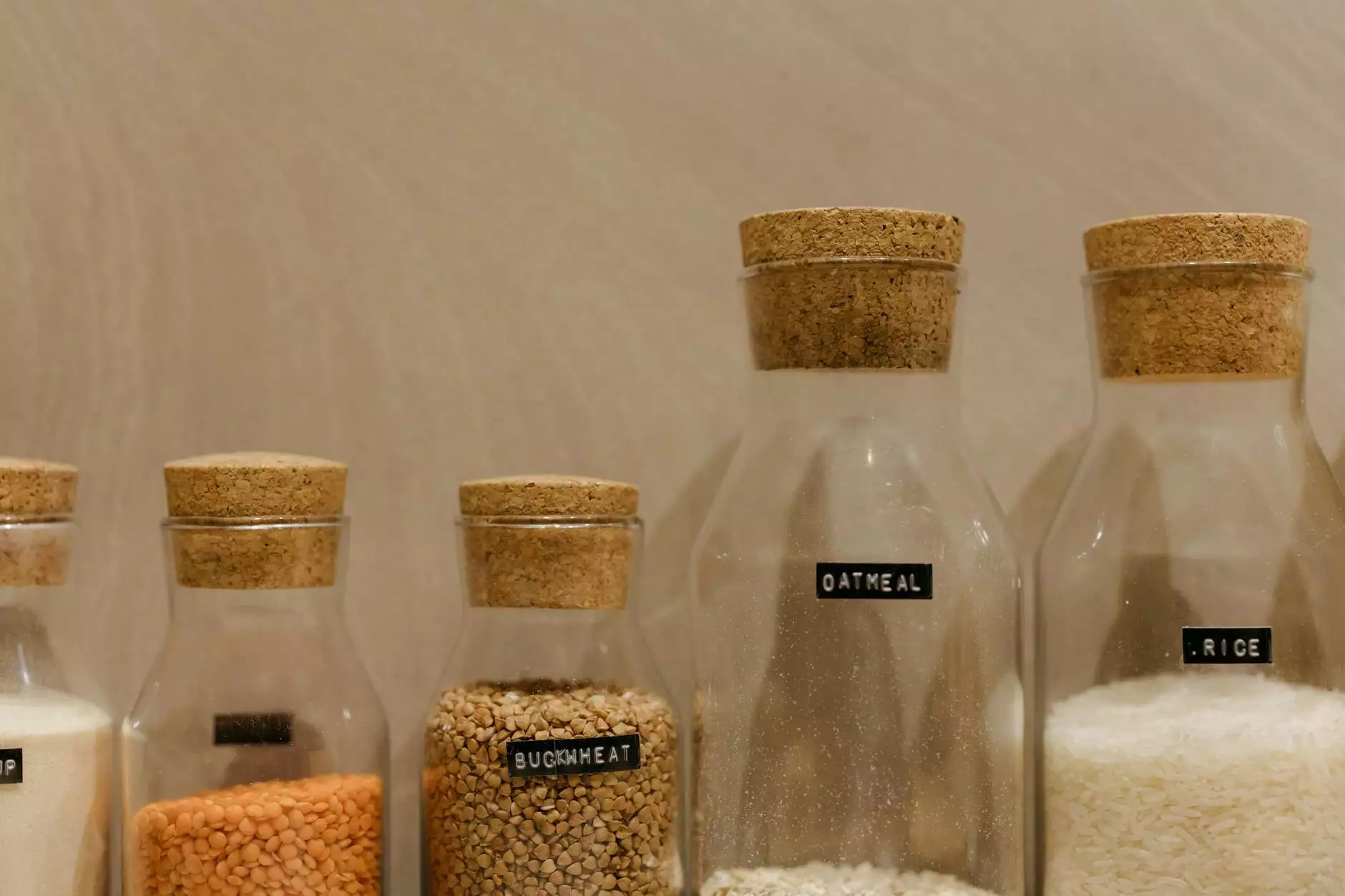Dental Crown Cost in the UK: A Detailed Overview

When considering dental procedures, understanding dental crown cost UK options is crucial for making informed decisions. Dental crowns are a common restorative solution for various dental issues, including damaged or decayed teeth, and their cost can vary significantly based on numerous factors. In this comprehensive guide, we will delve into the details of dental crowns, their types, associated costs, and how you can make the best choice for your dental health.
What is a Dental Crown?
A dental crown is a cap placed over a tooth to restore its shape, size, strength, and appearance. Crowns are often used to protect weak teeth, hold together parts of a cracked tooth, or cover badly shaped or discolored teeth. They can be made from various materials, including:
- Porcelain
- Ceramic
- Metal (such as gold or other alloys)
- Resin
Factors Influencing Dental Crown Cost in the UK
The dental crown cost UK is influenced by several factors, including:
- Material Type: Different materials have different costs. For example, porcelain crowns are typically more expensive than metal crowns due to their aesthetic appeal and the complexity of manufacturing.
- Dental Practice Location: Costs can vary widely depending on the geographical location. Major cities often have higher prices due to demand.
- Brand of Crown: Some dental materials are branded and can carry higher costs compared to generic options.
- Complexity of the Case: A more complex dental situation requiring additional treatments can increase the overall costs.
- Type of Dental Practice: Private practices tend to charge more compared to NHS services, which are often subsidized, although waiting times may be longer.
Understanding the Costs of Dental Crowns in the UK
Average Dental Crown Prices
The average dental crown cost UK can range significantly based on the factors mentioned above. Here's a broad range of what you might expect to pay:
- Metal Crowns: £300 - £500
- Ceramic Crowns: £400 - £800
- Porcelain-Fused-to-Metal (PFM) Crowns: £500 - £800
- Gold Crowns: £600 - £1200
These estimates usually include the procedure costs but may not cover additional treatments that may be required, such as root canal therapy or other preparatory work. It's essential to consult with your dentist for a tailored quotation.
Types of Dental Crowns Available
There are several types of crowns available, and each comes with its unique advantages and disadvantages:
Metal Crowns
Made from alloys, metal crowns are highly durable and withstand chewing forces well. They are often used for back teeth due to their strength, but their metallic color can be a concern for some patients.
Porcelain-Fused-to-Metal Crowns
This type combines the strength of metal crowns with the aesthetics of porcelain. They can be color-matched to your natural teeth, making them a popular choice for visible areas.
All-Ceramic Crowns
All-ceramic crowns provide excellent aesthetics and are ideal for front teeth restorations. They mimic the translucency of natural teeth but may lack the strength of metal crowns.
Gold Crowns
Gold crowns are incredibly durable and ideal for patients who require extensive restorations. However, their noticeable color makes them less favorable for front teeth.
Insurance and Financing Options for Dental Crowns
Many dental insurance plans cover some or all of the costs associated with dental crowns, especially when they are deemed medically necessary. It’s vital to check your specific plan details. Additionally, many dental practices offer financing options that allow you to pay for your dental procedures in installments, making it more manageable.
Choosing the Right Dentist for Your Dental Crown
Selecting the right provider for your crown procedure is crucial. Here are some tips to help you make the best choice:
- Check Credentials: Ensure your dentist is qualified and experienced in performing crown procedures.
- Read Reviews: Look for patient testimonials and reviews to gauge the quality of care provided.
- Consultations: Schedule consultations with multiple dentists to discuss your options and assess comfort levels.
- Assess Their Technology: Modern dental practices utilize advanced technology and techniques, which can enhance the quality and durability of crowns.
Post-Procedure Care for Dental Crowns
After receiving your dental crown, it’s essential to follow proper care instructions to ensure the longevity of your restoration:
- Maintain Oral Hygiene: Brush and floss regularly, emphasizing the area around the crowned tooth.
- Avoid Hard Foods: Steer clear of hard foods that could potentially damage your crown.
- Regular Dental Check-ups: Attend scheduled follow-up appointments for professional cleanings and examinations.
- Report Any Issues: If you experience pain or discomfort after the procedure, contact your dentist promptly.
Conclusion: Investing in Dental Health
Understanding the dental crown cost UK is an essential aspect of making informed decisions about your dental care. Crowns not only restore functionality to damaged teeth but also enhance your smile. By considering the various factors that influence costs, exploring your materials options, and selecting a qualified dentist, you can ensure a successful outcome. Remember, investing in your dental health is investing in your overall well-being. Don't hesitate to reach out for consultations and begin your journey toward a healthier, more confident smile.









